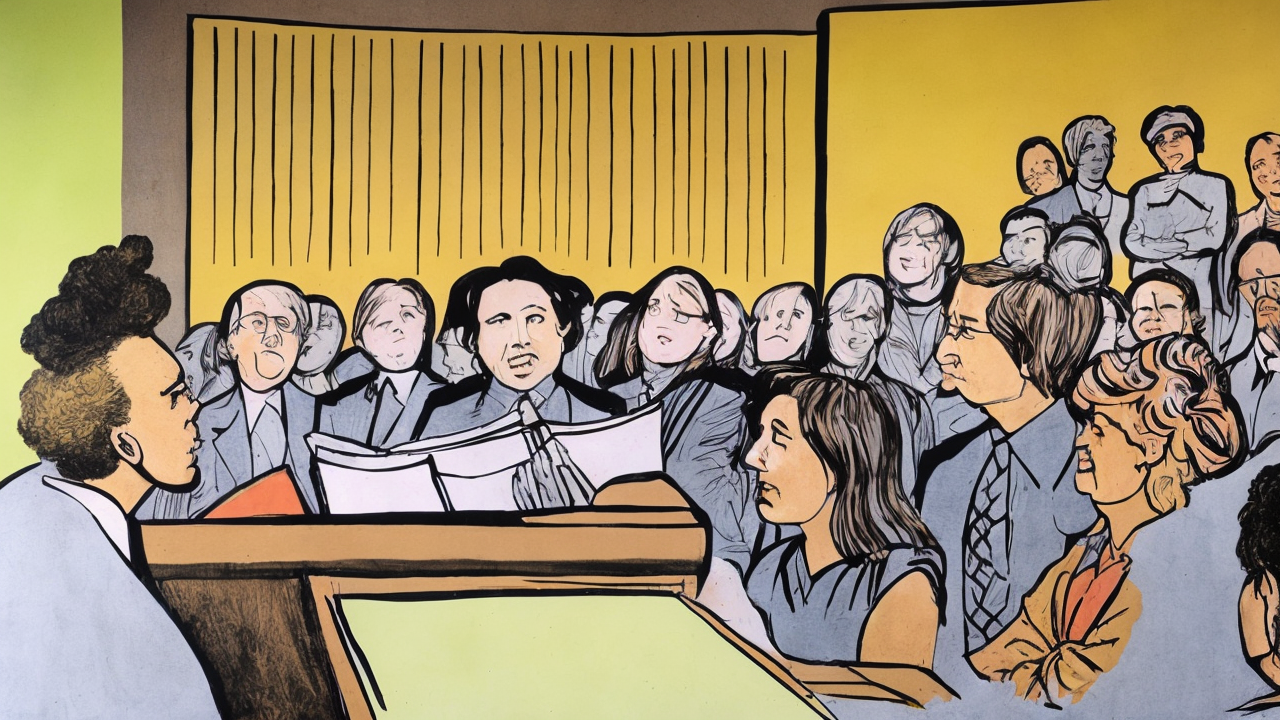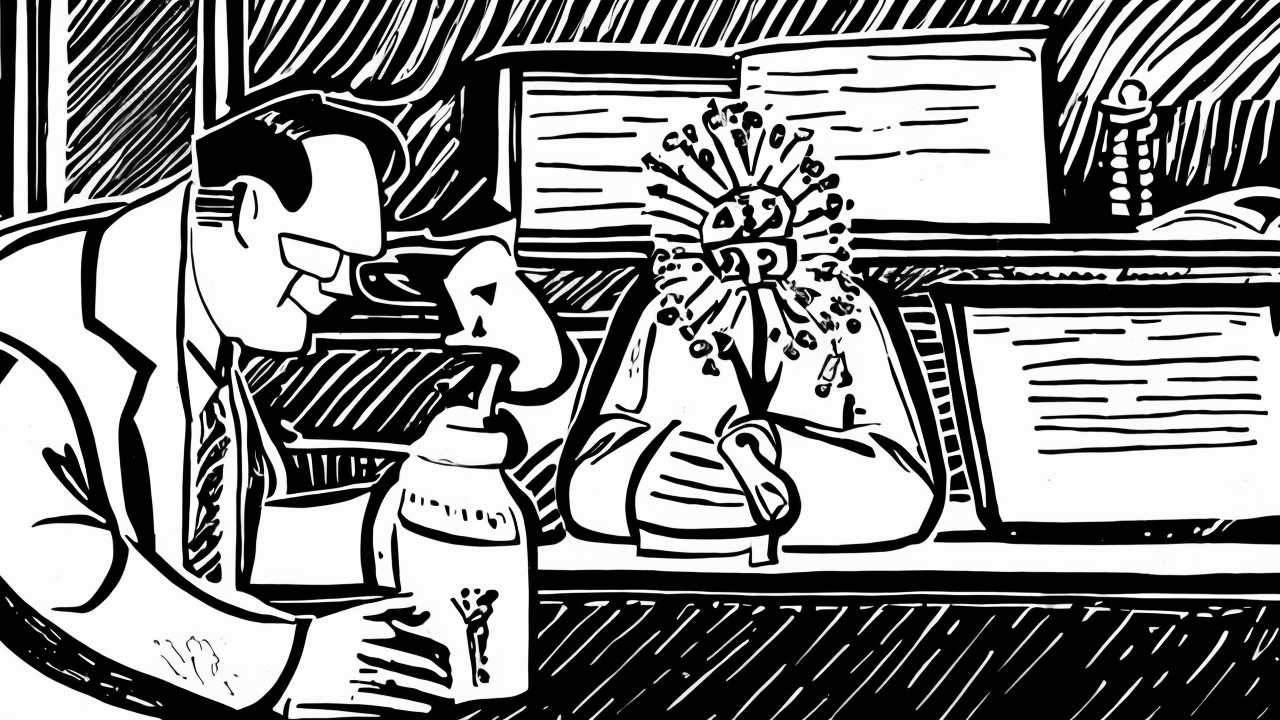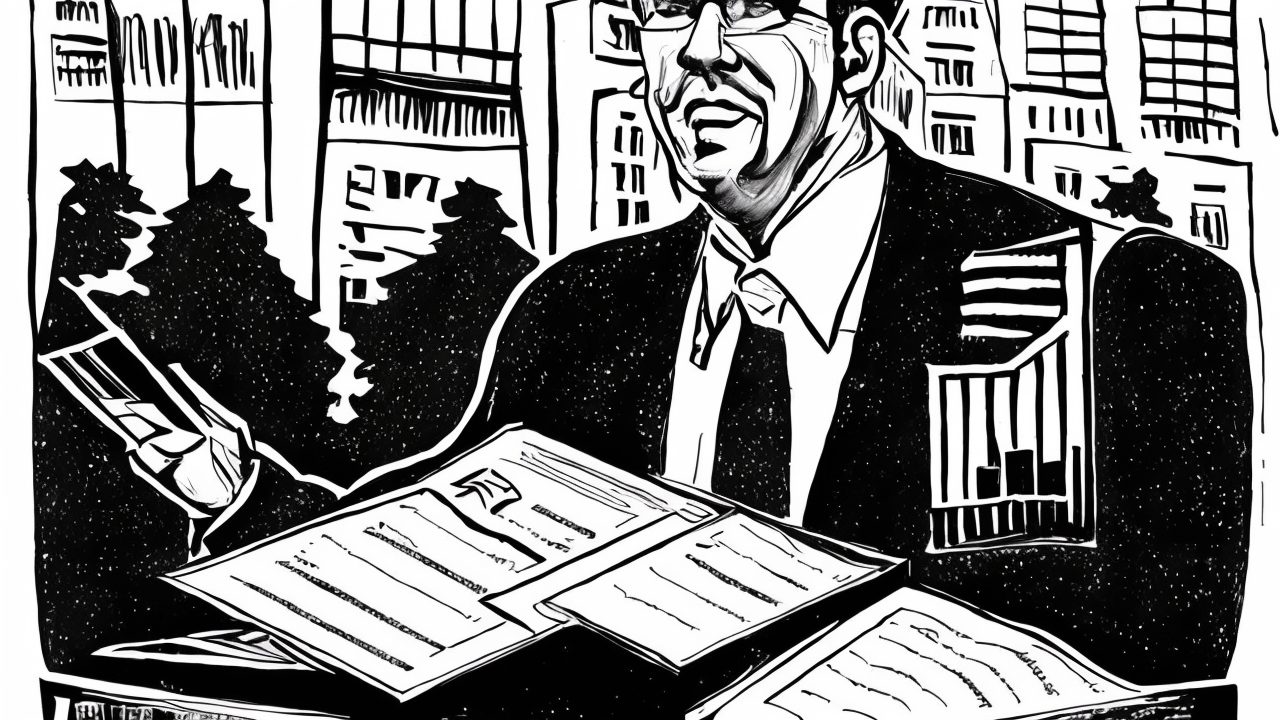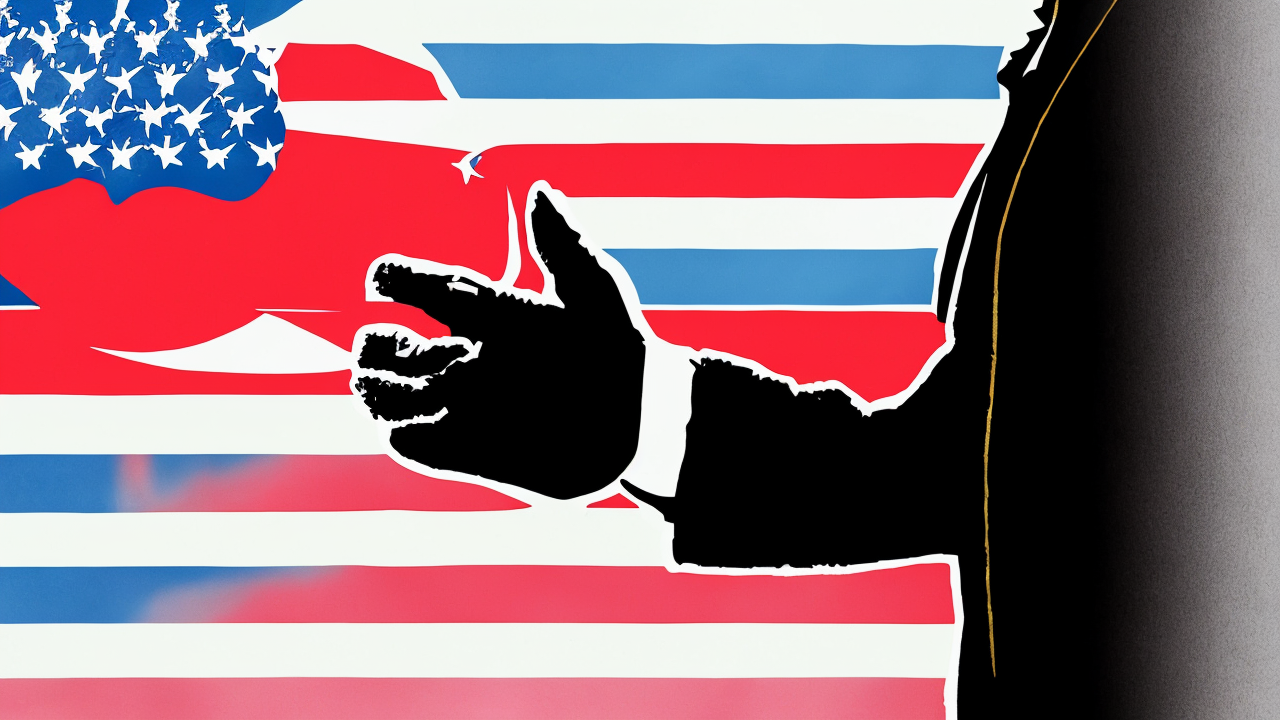Geriatric Care Program Faces Funding Uncertainty Amid Bipartisan Support
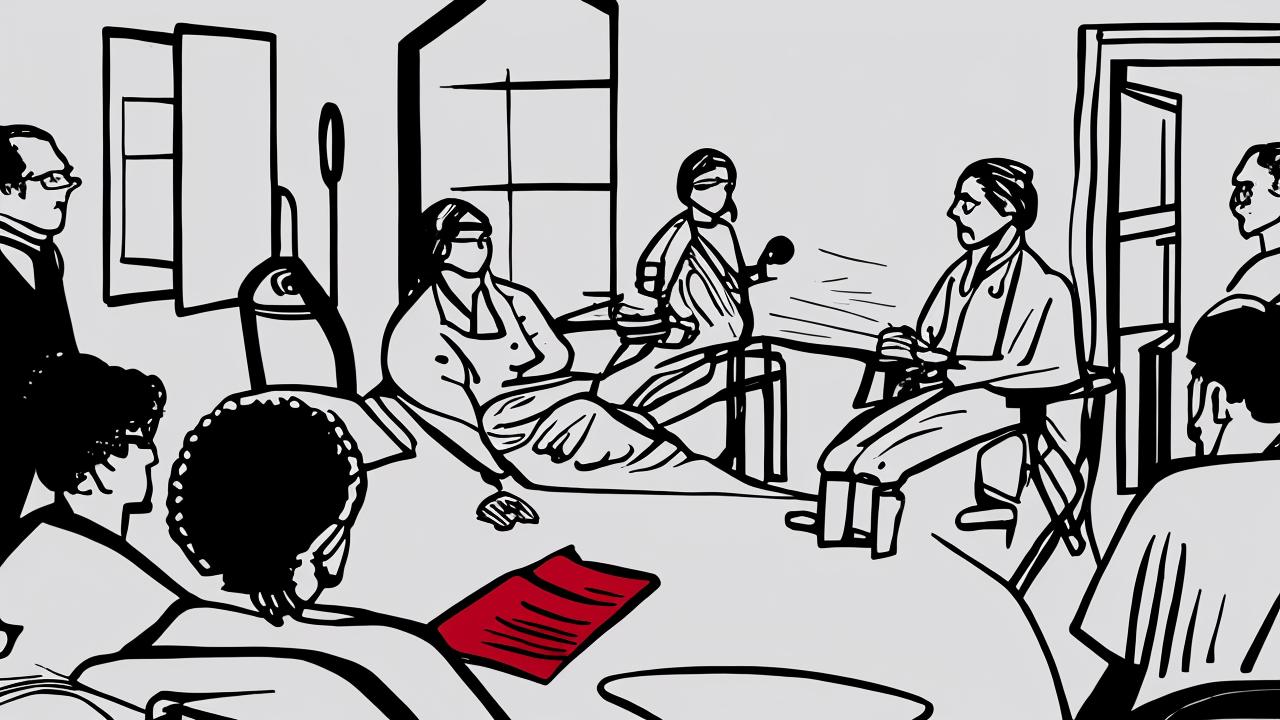
The number of Americans aged 65 and older is rising steadily, and with it comes a growing need for healthcare professionals trained in the unique challenges of aging. The Geriatrics Workforce Enhancement Program (GWEP), established in 2015, has played a key role in meeting this demand by preparing doctors, nurses, social workers, and therapists to provide high-quality, compassionate care to older adults. For nearly a decade, GWEP has delivered results—training around 70,000 healthcare workers each year and placing them in rural and underserved communities where access to geriatric expertise has long been limited.
In places like St. Louis, medical students conduct full geriatric assessments at senior centers and nursing homes, identifying issues such as mobility concerns, memory changes, and medication management before they become crises. In Louisville, community health workers receive specialized training to help older adults stay independent and connected to their families and local resources. These efforts are not just about medical treatment—they are about preserving dignity, promoting stability, and strengthening the fabric of community life.
Yet in July, a sudden 34% cut in funding threatened to unravel years of progress. The abrupt reduction caught many grantees off guard, forcing difficult choices about staffing, program continuity, and patient care. This setback came despite the program’s consistent support across party lines. Even during periods of political tension, lawmakers from both sides of the aisle have recognized GWEP as a smart, practical investment in public health.
The response was telling. In a recent Senate speech, Republican Senator Susan Collins of Maine called GWEP a “modest investment” with outsized returns. She emphasized that the program does not expand government control but instead equips local providers and strengthens families. Her advocacy helped secure GWEP’s reauthorization in both chambers, a sign that many in Congress still believe in solutions that empower rather than replace. This bipartisan momentum reflects a shared understanding: caring for the elderly is not a partisan issue—it is a national responsibility.
What makes GWEP especially valuable is how it operates. Rather than building new federal bureaucracies, it supports existing institutions—universities, clinics, and community organizations—to train professionals who stay in the communities that need them most. This decentralized model respects local knowledge and preserves personal accountability. It aligns with the conservative principle of limited government, ensuring that federal funds are used to enhance, not supplant, local initiatives.
There is also a deeper moral dimension. In Christian tradition, caring for the elderly is not just a social service—it is a sacred duty. Scripture reminds us to honor our parents and to show compassion to those who can no longer care for themselves. GWEP reflects this enduring value by helping ensure that older Americans are seen, heard, and treated with the respect they deserve. It is not about cost savings alone; it is about upholding the sanctity of life at every stage.
While the immediate funding crisis has been averted, long-term stability remains uncertain. The fact that a program so clearly beneficial must face annual renewal and budget scrutiny is troubling. A sustainable solution is needed—one that recognizes the permanence of demographic change and the enduring need for trained caregivers.
Supporting GWEP is not about expanding government. It is about investing in people, in families, and in the kind of society that values its elders. As our population ages, we must choose to respond with wisdom, compassion, and responsibility. Programs like GWEP show that it is possible to meet this challenge without sacrificing fiscal discipline or personal responsibility. By strengthening the workforce that serves our seniors, we are not only improving health outcomes—we are building a society that honors the wisdom and experience of every generation.
Published: 10/12/2025



